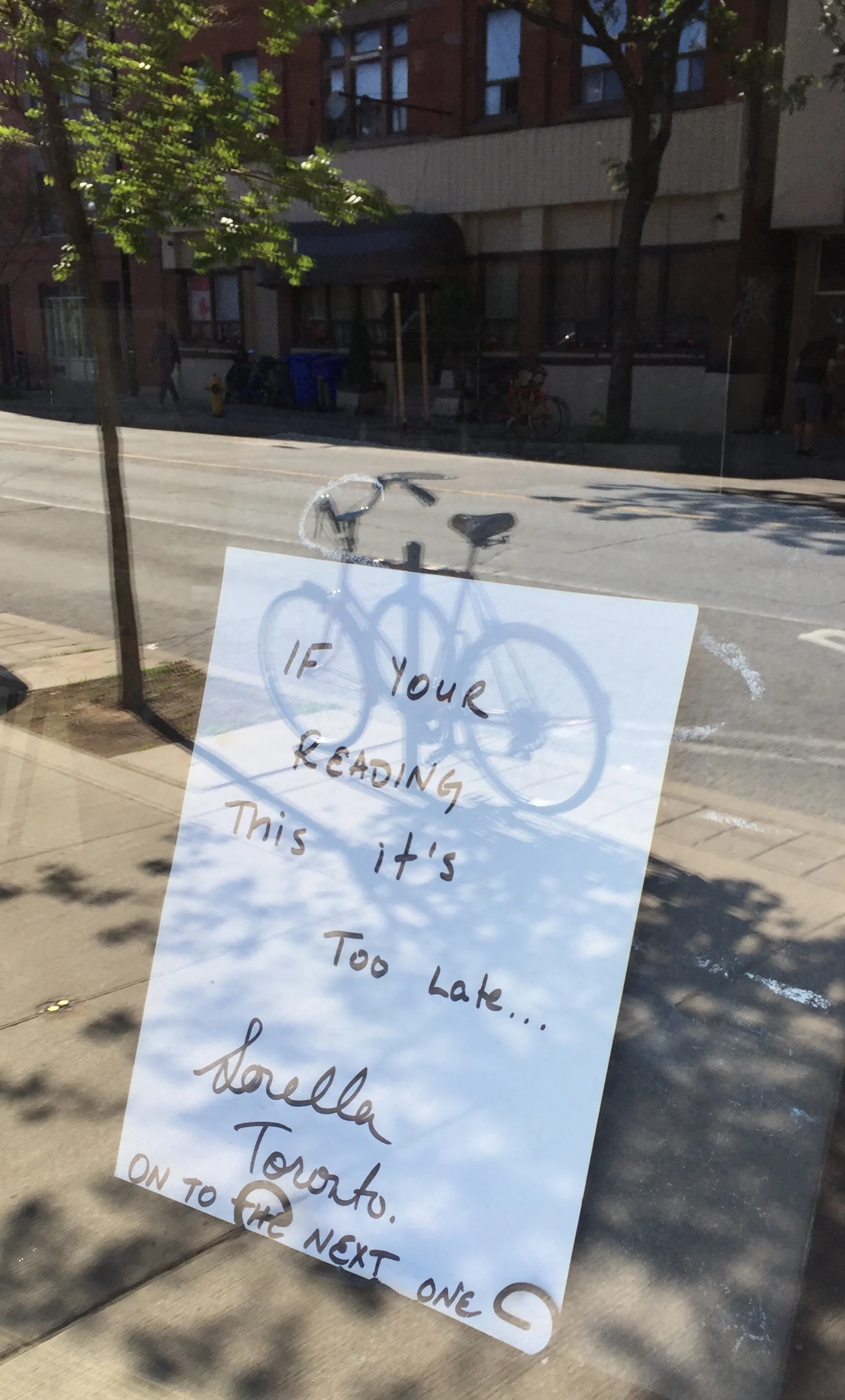Different only happens when you do what you do differently.
"Doing the same thing over and over again, and expecting a different result"
This is the popular urban definition of "insanity", and I suppose a formula for frustration, and definitely insight into the truisms of the universe and a window into the contradictory relationship between the desire for sameness and the need to do something differently.
Although most certainly debatable, I will say it is the randomness of the universe and the free will that's inherently found in all of us that explains why everything is always in flux — sure there are universal laws that come into play, but it's randomness that has it rain on that outdoor party you've been planning for three weeks or it's free will that explains why a lawyer decides to quit his job and open up a coffee shop that puts your favourite haunt out of business. For good or bad, right or wrong, the world around us is always changing — it's something we are constantly dealing with and something we are constantly trying to control. We work very hard to create an environment that is understood, familiar, consistent and dependable, and this is crucial for our well-being, security, and quality of life. We need the familiarity of "sameness" when we get home after a long day or when we are manufacturing 1,000,000 widgets.
And so the dance begins as we hold on to that "sameness" we have created and then forever struggle to protect it from the randomness and free will in the world — and even crazier still, we intuitively know that as the world changes, we need to change with it. It's this contradictory dance that allows us to create that environment of "sameness" we so very much need to progress over the long run. It's important to point out the tools we use to maintain control of that familiar, consistent and dependable environment are not the tools we need to change with the world — and this brings it back to the quote "doing the same thing over and over again, and expecting a different result" (which it seems, and rightfully so, is truly the definition of insanity).
The tools we need to "change with the world" are all about doing things differently; not doing it the same.
- The mindset to understand the need to do things differently.
- The ability to communicate why it is important to do things differently.
- The ability to actually do what you do differently.
It's in understanding we need to think and do things differently that we are actually closer to controlling a perpetually changing world.
iamgpe


